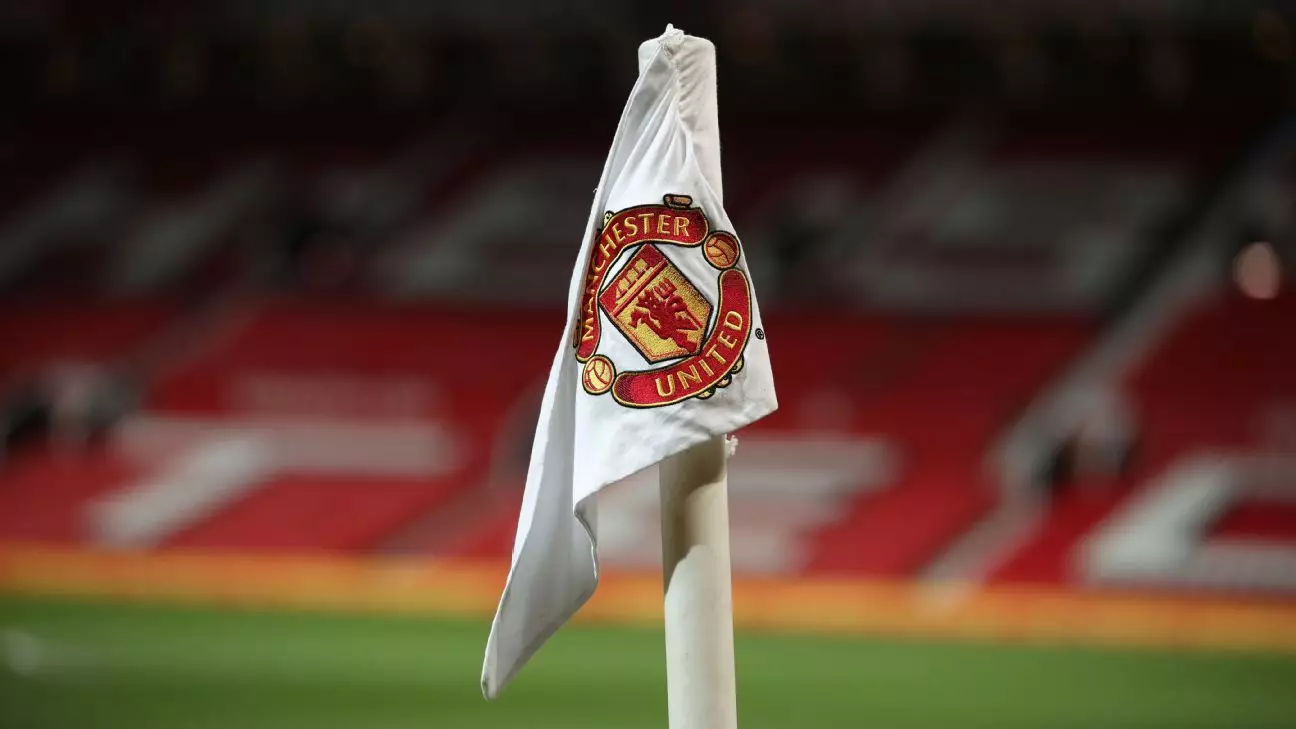In a surprising yet not entirely shocking move, Manchester United has announced a rise in ticket prices ahead of the next season. This decision comes shortly after the club revealed plans for a staggering £2 billion ($2.6 billion) investment into a new stadium. For avid fans, this raises a host of concerns, not just about the immediate financial implications but also about the long-term health of the club. With season ticket prices expected to rise by approximately 5% and the removal of some senior ticket concessions, Manchester United is palpably navigating a complex financial landscape.
The Economic Paradox of Loyalty
It is perplexing to see Manchester United simultaneously push for increased revenue while projecting an image of financial distress, as articulated by co-owner Sir Jim Ratcliffe’s comments about the club’s precarious financial future. The narrative has been one of stark contrasts: on one hand, the club is embracing a new vision for an opulent stadium, yet on the other, they are cutting costs, including layoffs amounting to 450 staff members. This contradiction underscores an unsettling paradox facing the club: the supposed financial reliance on the loyalty of fans juxtaposed against actions that seem to exploit that very loyalty through increased costs.
One has to ask, in a turbulent football climate, how can United expect fans to swallow a price hike—especially given the team’s erratic performance on the pitch? It’s tempting to argue that the club is walking a tightrope, trying to sustain a facade of prosperity while grappling with its financial realities.
Fan Sentiment vs. Business Reality
Manchester United CEO Omar Berrada’s statement acknowledges the club’s communication with fans, emphasizing the need to balance operational costs with ticket pricing. He advocates for a pricing structure deemed “fair and reasonable.” But does this sentiment truly resonate with fans? The Manchester United Supporters Trust (MUST) recently called for a freeze on ticket prices, particularly in light of the gloomy financial reports, including losses exceeding £300 million over three years. This highlights a growing tension between preserving the club’s brand and addressing the economic burdens fans are shouldering.
Fans have weathered 11 consecutive years of price freezes, but the incremental increases of the past two seasons—including a proposed 5% rise—are alarming for those who feel that the club’s financial decisions should not come at the cost of their passion for the team.
Innovation or Exploitation? The Hospitality Conundrum
Interestingly, part of Manchester United’s revenue-boosting strategy includes converting some seats around the Old Trafford benches into hospitality tickets. This move raises ethical questions about the commodification of the matchday experience. Are they prioritizing affluent guests over dedicated fans who have supported the team through thick and thin? It seems antithetical to the club’s rich heritage, rooted in the community’s loyalty, to cater to a transient, corporate clientele while sidelining loyal supporters.
Moreover, it serves as a stark reminder that football is becoming increasingly less accessible. While the argument for profitability is understandable, does it enhance the sporting culture? When clubs begin to chase profits at the expense of their dedicated supporters, it sows eternal discord—a rift through which the game might lose its essence.
The Future of Fan Engagement
Manchester United’s pricing strategy, although commercially motivated, also opens up avenues for deeper discussions about what club loyalty means in today’s football ecosystem. The essence of football fandom lies in community and shared experiences, which are jeopardized by unchecked profit motives. As clubs like Manchester United continue to navigate their financial intricacies, there should be more emphasis placed on genuine fan engagement—something that transcends mere ticked boxes in financial reports.
While it may be a bitter pill for fans to swallow, the club’s moves could serve as a wake-up call for both supporters and management. Fans’ voices must be at the forefront as clubs evolve in this financially competitive landscape, ensuring that the culture of football remains accessible, inclusive, and vibrant.

